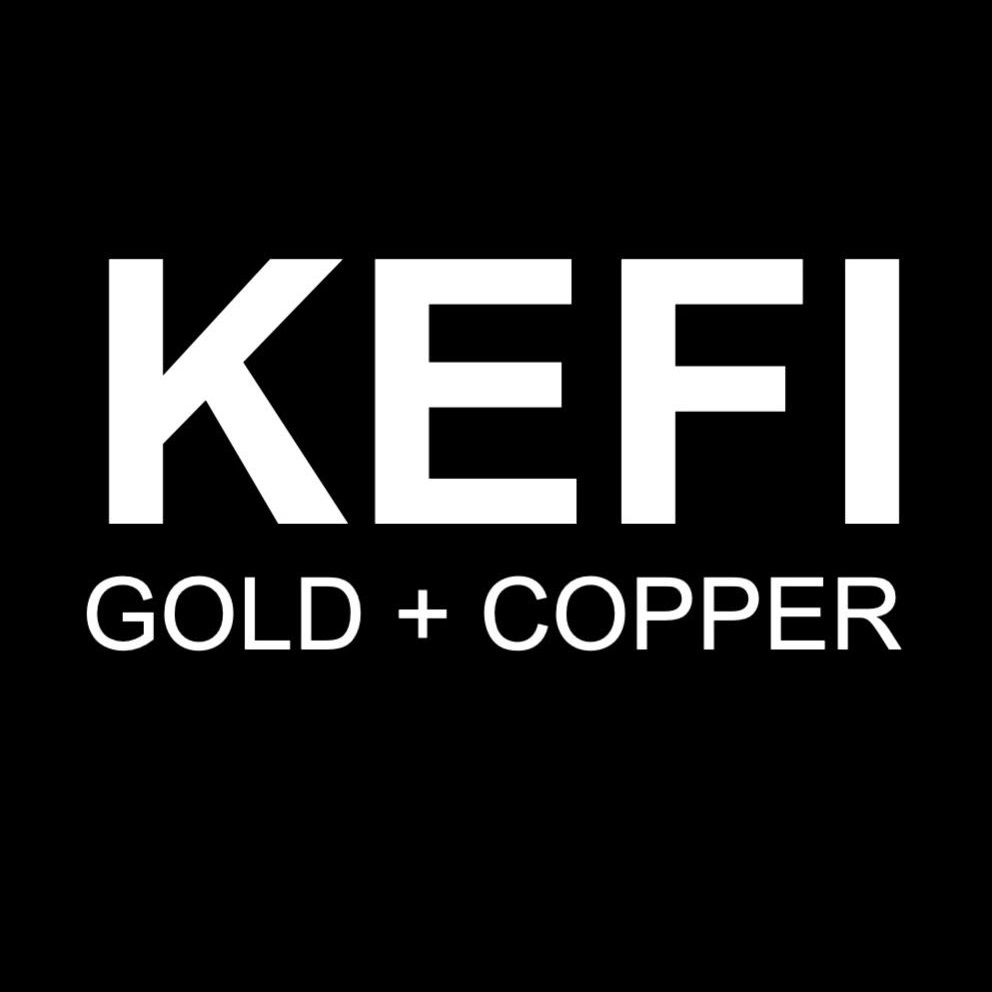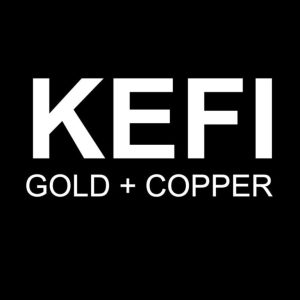The price of gold has stabilised above €2,150 per ounce following three consecutive months of upward movement, despite a slight dip in mid-May. The strength of its price during the first five months of the year has been driven by strong demand from central banks in emerging economies, largely due to geopolitical tensions and persistent inflation. Since the start of the year, gold has increased by 17%, continuing the upward trend seen in 2023. Last year, gold experienced some fluctuations but ultimately rose by 15%, influenced by the US banking crisis, geopolitical tensions, military conflicts, and the US Federal Reserve’s monetary policy.
John Reade, the chief market strategist for Europe and Asia at the World Gold Council, highlighted a month ago that gold prices have shown a remarkable rally, doubling over the past five years since 2019. Reade noted that the performance of gold’s price has been largely independent of the US dollar, which is typically a major driver of gold prices. He explained that emerging markets, particularly India and China, now account for half of the global gold market share following an increase in production and trade of the precious metal. He expects the price of gold to rise substantially soon, citing continued buying by central banks as a key driver behind the upward trend.
Reade advised investors to incorporate gold into their financial and investment portfolios for diversification and stabilisation. He added that any reduction in US interest rates is likely to positively impact gold prices. Other analysts, such as those at Bank of America, also expect the rally to continue, with some predicting that the price could reach $3,000 per ounce by the end of the year. Economic uncertainty, expansionary monetary policies, inflation, and currency devaluation remain significant factors that could continue to drive the price of gold in the near future.
London-listed company KEFI Gold and Copper plc (LON:KEFI) is an exploration and development company focused on gold and copper deposits in the highly prospective Arabian-Nubian Shield. The Company operates in Ethiopia and Saudi Arabia with projects including Tulu Kapi project, Jibal Qutman EL and Hawiah.



